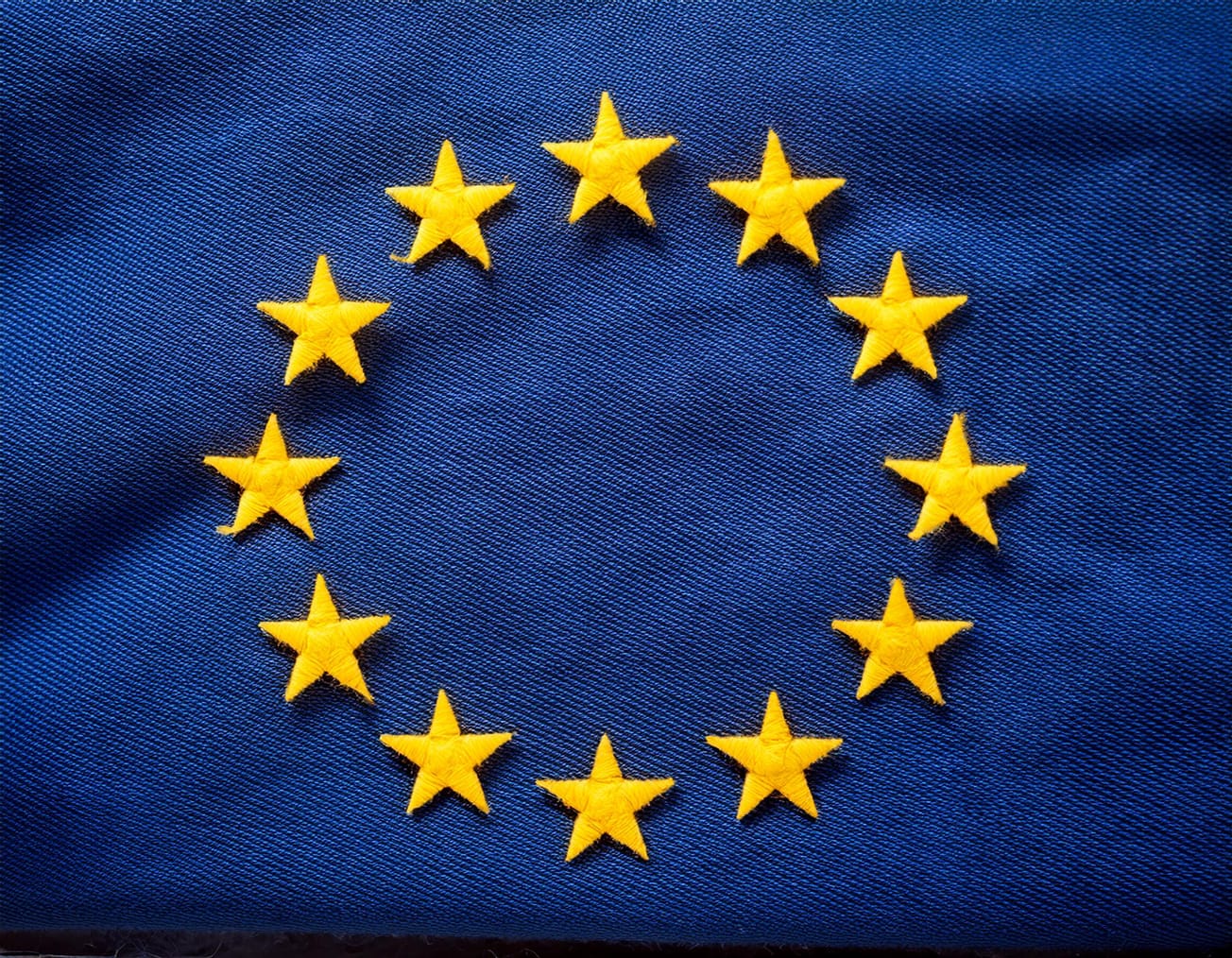A prodigious teen hacker who found himself in the midst of a fugitive life early on; a young man who wore multiple pantomimic attires to escape the paparazzi eyes that followed him in his fame; a ‘cypher-punk’ well hated by everybody in the political landscape – surely, describing Julian Assange is much more complex than him calling Harry Harrison ‘DANGER, ACHTUNG’ - of course, Harrison is none but a pseudonym that Assange toyed with on a virtual dating website. The founder of WikiLeaks now awaits a decision on whether he will be extradited or not and charged for the revelations on American war crimes – the verdict is scheduled for next year. This is reason enough for us to ruminate over why protection for whistle-blowers needs to be robust.
Back in 2010, a relatively unknown website put out a video – this was 39 minutes long. The footage showed two AH-64 Apache helicopters of the US in action. This was a revelatory capture of the military helicopters during the 2007 insurgency in Iraq. What followed was an array of details, released through various documents, that showed a glimpse of the elite political lifestyle – keeping the sources anonymous and protected, WikiLeaks opened up a new course for investigative journalism. What was earlier behind closed curtains could now be openly viewed by everybody – a true tool to keep leaders accountable, indeed. Or rather, one that gave transparency a whole new meaning hitherto unknown in politics. As is said, it takes courage and grit to pioneer a radical information movement of this scale – for Julian Assange, it was no novel game.
Intrusion into one’s privacy is a matter of concern – but the facts that come into light when whistleblowing pertains to governance and how our elected leaders are going about with allocation of funds and policy implementation are not part of their 'irrelevant' personal spheres. What’s illegal and unconstitutional does not need to be enveloped under the pretence of good governance. We are elected democracies – the people have their stakes invested in what happens around them. Any error on the part of our leaders should be laid out for us to see and evaluate. After all, we've entrusted them with the task of administration.
Whistle-blowing activity particularly stood out during the pandemic with the health sector coming under the scanner – scrutiny was at its best. Beyond a process of checks and balances, it emerged into one with the potential of saving lives - a prime example of this being Dr. Li Wenliang of China. The EU’s step in extending protection to whistle-blowers is most welcome right now. It resolves to open up channels for disclosure and guarantees safeguards against retaliation.
But the directive is far from complete – some significant loopholes need fixing. It does not mention the options that would be available to people if they reveal breaches of national law. The directive only concerns EU’s laws - the onus of filling in the fissures will naturally fall on the member states. Meaningful parliamentary discussions on the blueprint for protection are needed to avoid mediocre laws from being formulated in a last-minute hustle. Most importantly, the law shouldn't be restricted to corporate whistleblowing.
Without proper measures from the side of individual states at the time of drafting compliant legislations, the EU decision will be a mere statement. The on-ground reforms would remain distant. It could be a brilliant chance missed.










